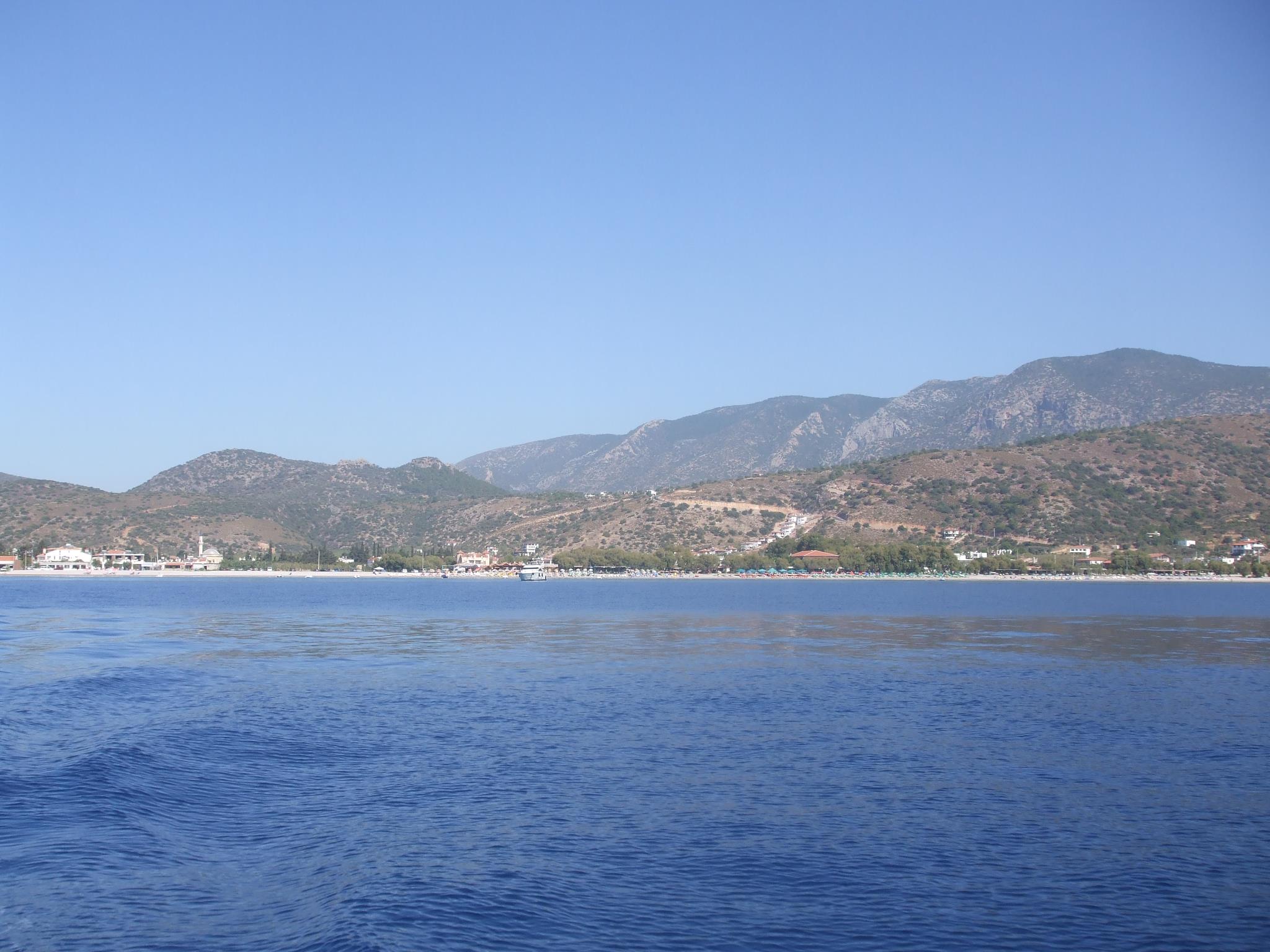Working in Penn’s Critical Writing Program has allowed me to develop and teach courses in a wide array of topics that engage student interest while also providing a rich variety of subjects for students to research. In my most popular class, Magic in the Ancient World, my students have pursued projects on everything from the syntax of love spells to the role of ghosts in magic to how women used magic to control their fertility. Within classics, I have been able to teach specialized courses as well as explore the boundaries of the classical tradition with reception. In my Greek tragedy classes, for instance, students did close readings of ancient plays while considering the relationship between maternal violence and vengeance. The first class I ever designed for the Program was a study of the reception of Xenophon's Anabasis: after reading the ancient historical account, we read The Warriors, Sol Yurick's imaginative retelling of the original, which relocates the conflict to New York City and replaces Greeks and Persians with rival gangs. We also watched the 1979 cult classic movie based on the novel. Students were able to reflect on the persistence of story and the power and impact of adaptations and retellings.
While keeping myself grounded in my home discipline of classics with courses on subjects like race in the ancient world, the legacy of Cleopatra, and The Iliad as a poetic response to war, I have also been given the opportunity to teach in other fields. This year, for instance, I created a course on fairy tales, in which students learned about the history of the form as well as its generic constraints. I was asked several years ago to design a writing course for international students and non-native speakers; with the support of one of the program's assistant directors and drawing on my interest in exile, I created a course based on the idea of home and belonging. The students explore the politics inherent to belonging and its paradoxical partner, exclusivity, and reflect on how feeling-at-home seems to require absence and memory to be fully active. The subject is enriched by a wide range of readings, from the poetry of Ovid and Joseph Brodsky to the essays of James Baldwin and André Aciman. It has been a very popular course, and the program asked me to teach it as a straight sociology seminar for several semesters as well. Teaching outside of my discipline has been challenging, at times, but also extremely rewarding, and has made me more sensitive to the conventions and expectations of classics by learning more about how knowledge production and dissemination work in other disciplines.
The intense and explicit focus that the Writing Program puts on pedagogy and knowledge transference has taught me a great deal, and has definitely improved my teaching. For instance, my courses in the program frequently make use of partner and group work in class, and I have become a much stronger and more innovative facilitator of such work. Study after study shows the positive effects of peer learning; we know, for instance, that it strengthens the sense of community within the classroom, which in turn supports an environment in which students are more willing to take intellectual risks. While Greek and Latin classes obviously require different approaches and strategies than writing classes in many ways, I will experiment with having my students collaborate on translations and sight reading during class in my future language courses.
Click through to see course descriptions for classes I've taught and some presentations I've created for professional conferences and for my classes. My CV provides names and dates for the courses mentioned above, as well as basic information about other language and literature courses I have taught.

Palamut
Buku (ancient Halicarnassus), Turkey; 2011